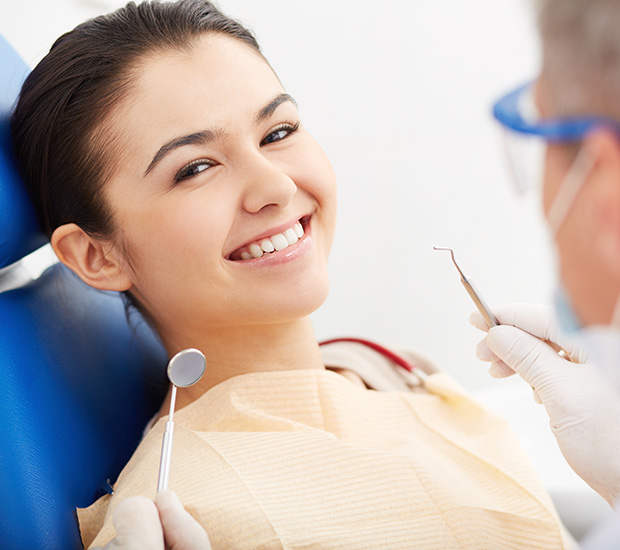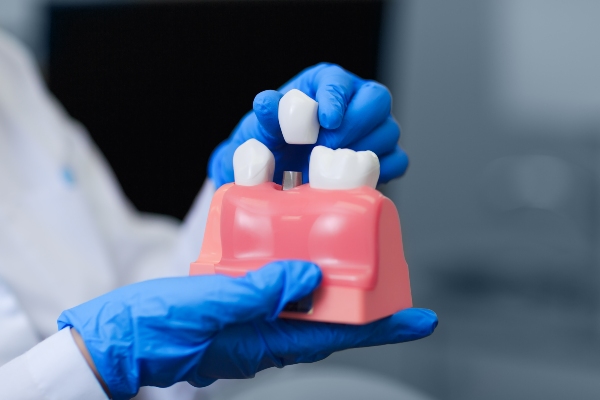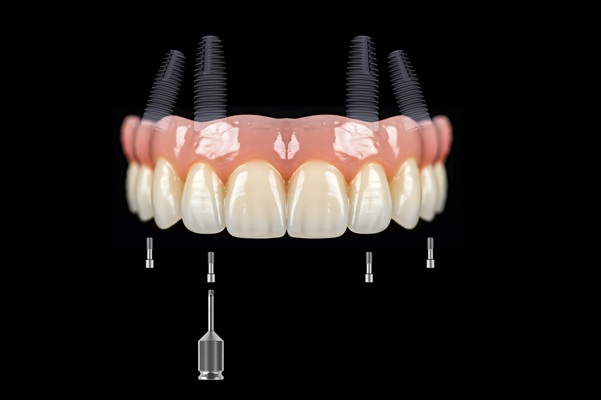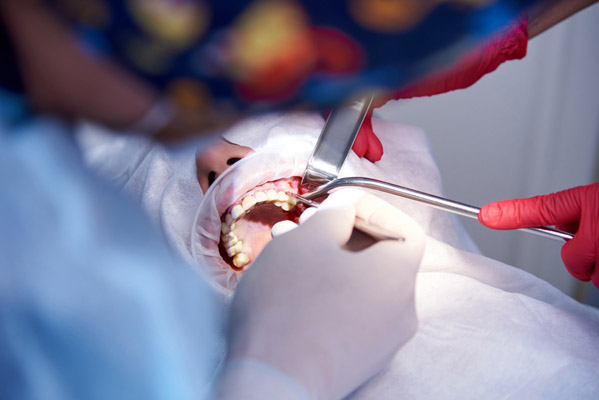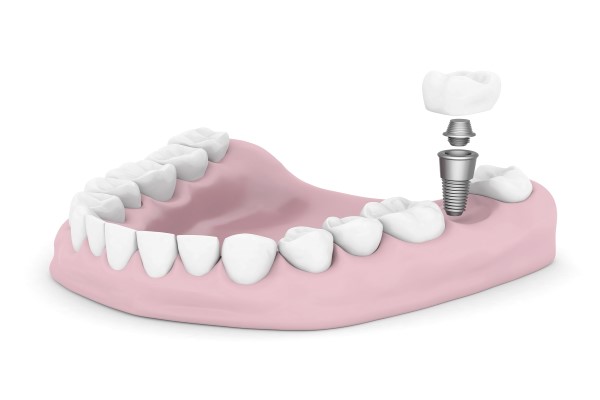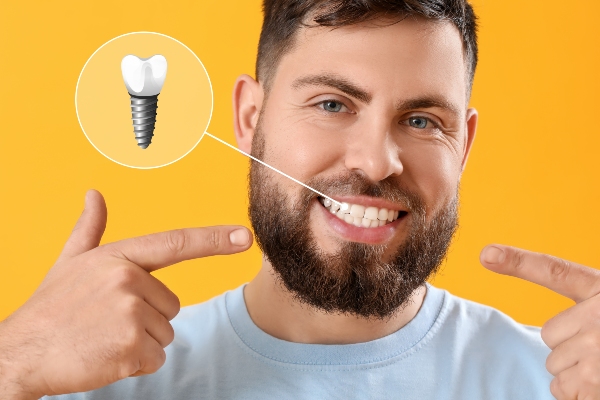Sinus LiftSan Diego, CA
Sinus lifts can prepare a patient for dental implants. This procedure may be necessary when the bone where the implants would be placed is insufficient. For many patients, a successful sinus lift is instrumental in the success of any dental implants.
Sinus lift surgery is available at Torrey Hills Periodontal Group in San Diego and the surrounding area. This corrective procedure can help minimize any potential issues with your dental implants. Call us today at 858-925-1188 to schedule an appointment or to learn more about our services.
Understanding Sinus Lift Surgery
The success of a dental implant often hinges on the quantity and quality of the bone where the implant would be placed. Traditionally, it has been common for patients to lose bone in the upper jaw, specifically between the molars and premolars. This is also the same space between the jaw and maxillary sinuses on either side of the nose. Contributing factors may include periodontal disease, tooth loss, reabsorption, or a maxillary sinus that is too close to the upper jaw. As a result, patients may not have enough quality bone to place implants.
Sinus lift surgery, also known as sinus augmentation, is a procedure that lifts the sinus floor and develops new bone to place dental implants. As it is a complicated procedure, it should only be performed by a dental specialist, like a periodontist. Sinus lift surgery is an attractive option for many patients who would otherwise have no tooth replacement options aside from loose dentures. Dental implants are more advantageous than loose dentures in that they look and function like natural teeth. They are also better for jaw bone health in the long run.
Check out what others are saying about our Sinus Lift services on Yelp: Sinus Lift San Diego
What to Expect From a Sinus Lift
First, the periodontist and the patient will determine what type of bone will be used in the sinus lift well in advance of the procedure. Bone grafts can be autogenous (using bone from a patient’s body) or allogenic (using bone from a cadaver’s body). Xenografts, which use bone from an animal, are also an option. After determining the appropriate bone source, the periodontist will take X-rays of the patient’s jaw and sinus to study their anatomy adequately. A CT scan may also be necessary to measure the height and width of the existing bone and to evaluate the sinus properly.
Various techniques may be used to perform a sinus lift, depending on what the surgeon decides is best for the patient. One standard method is to make an incision to expose the bone before cutting a small circle into it. The surgeon will then lift this cut bone into the sinus cavity, filling the space underneath with bone graft material to regenerate lost bone and tissue. Afterward, the surgeon will close the incision and healing will begin. It is not uncommon to wait four to 12 months before implant placement, though there are some cases where the implant can be placed at the same time the sinus is augmented.
Recovering from Sinus Lift Surgery
Immediately after surgery, patients should place a gauze pad over the surgical area for 30 minutes, changing it regularly until the bleeding has subsided. Typically, this will take 45 minutes to an hour. Patients are also encouraged to begin gentle rinsing as soon as possible. However, they should avoid vigorous rinsing or touching the wound area. Patients should also refrain entirely from blowing their nose for the next four weeks or longer, depending on the periodontist’s instructions. Additionally, patients should sneeze only with their mouths open if they cannot avoid sneezing at all.
The after-effects of sinus lift surgery vary from person to person, meaning some patients may feel minimal discomfort after the procedure. Regardless, neglecting post-operative care after a sinus lift may result in unnecessary pain, infection, and swelling. In general, it will increase the risk of any possible complications. As such, patients must follow the post-operative care instructions provided by their periodontist. Patients of Dr. Hunt, D.D.S., can rest easy knowing that our compassionate staff will be here to answer any questions every step of the way.
Frequently Asked Questions
What makes dental implants better than loose dentures?
Dental implants fuse directly to the bone, meaning they are a permanent tooth replacement option. They look and function just as natural teeth do, and they are better for overall jaw bone health. When teeth are missing, the jaw bone will inevitably begin to shrink and weaken to compensate. Dental implants can effectively trick the jaw bone into believing a tooth is present, whereas dentures simply sit on the gums and remaining teeth.
How successful are sinus lifts?
Sinus lifts are very successful overall. According to one study, dental implants in sinus lifts reached a success rate of 95.2% after 24 months of evaluation. Those with a residual bone height of 4 mm or higher had a success rate of 100%, while those with a residual bone height of under 4 mm had a success rate of 87.5%.
What are the risks of a sinus lift?
Despite the overall safety of a sinus lift procedure, every surgery comes with some risk. The main risk with a sinus lift is that the sinus membrane may become punctured or torn. However, the surgeon should be able to heal this by either stitching the sinus tear or placing a patch over it. If this is unable to deter any complications, then the surgeon may stop the procedure to allow the hole to heal before trying again. Infection is also a risk, though an uncommon one. Rejection of the bone graft is also possible, though rare. Should this occur, you may need to repeat the procedure.
When should I seek medical attention after my sinus lift?
As previously discussed on this page, some pain and discomfort are to be expected following the surgery. However, you should contact your periodontist immediately if swelling or pain increases over time or if bleeding is bright red, continuous, or persists for more than two days. Additional causes for concern include developing a fever or suspecting that the bone graft may have been dislodged.
Will I develop any sinus issues after my sinus lift?
No. A skilled periodontist will know how to perform a sinus lift well enough to disrupt any allergies, breathing, or sinus issues.
Call Us Today
A sinus lift can take you one step closer to the lasting smile of your dreams. We at Torrey Hills Periodontal Group may be able to help. Call us today at 858-925-1188 to schedule an appointment or to learn more about our services.
Torrey Hills Periodontal Group is located at 4765 Carmel Mountain Road Ste 204 San Diego, CA 92130.
